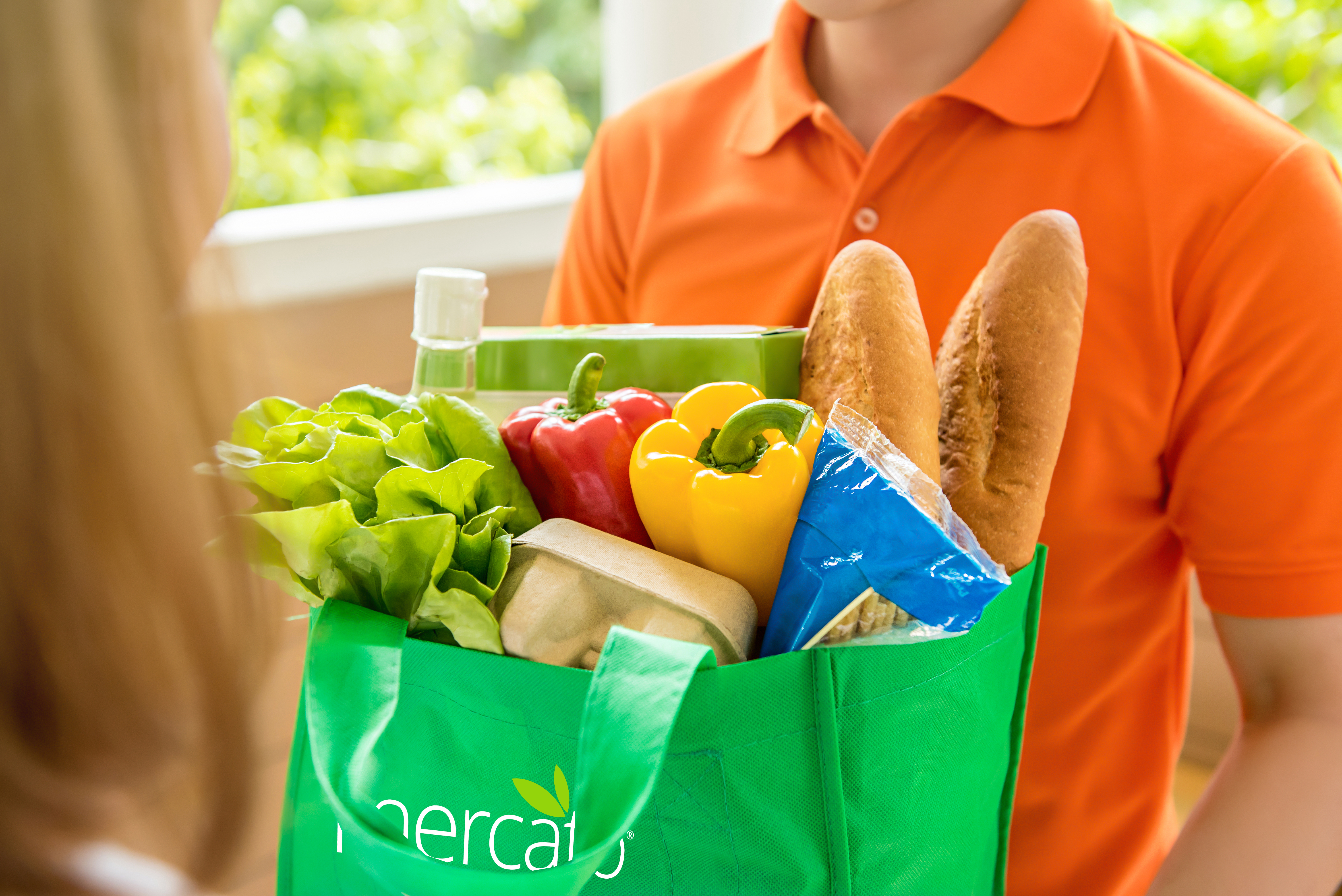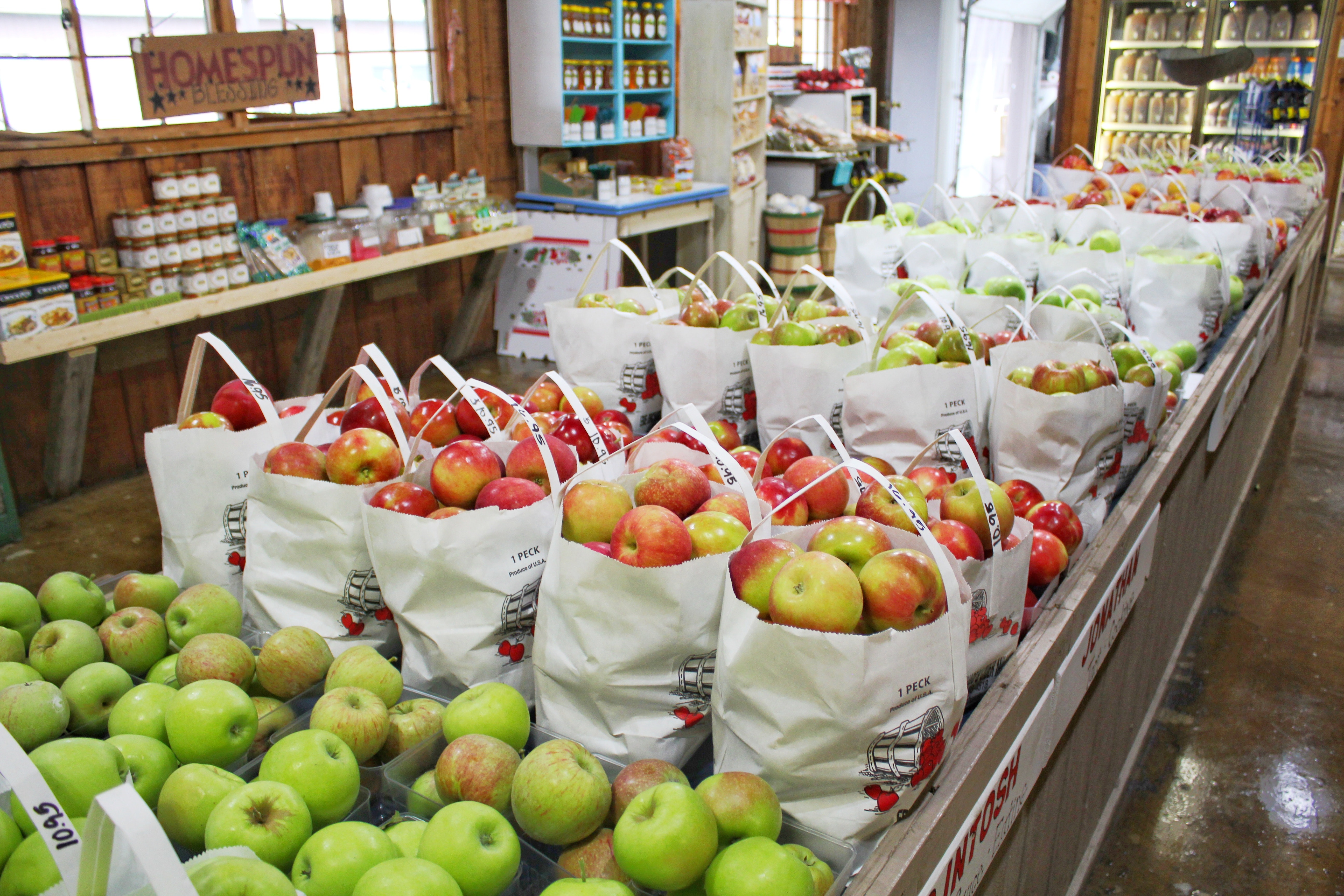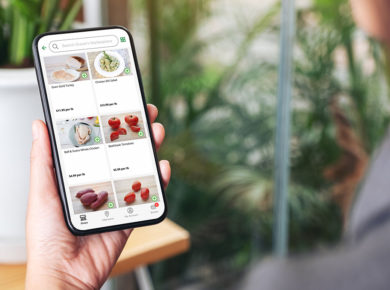Follow this comprehensive guide and become a knowledgeable store-owner. Take your specialty food shop to successful, new heights.
Starting your own business can be intimidating. Where do you begin? How does your idea become a reality? What are the logistics of owning your own business? And importantly, how do you make money? Luckily, there are tons of resources available to help you along the journey of starting a small business, particularly a specialty or gourmet food shop. These tools, resources, and platforms can point you in the right direction when it comes to equipment, best practices, getting online and selling.
Follow this step-by-step guide to develop a business plan and grow your business in a smart, efficient, and prepared way:
Learn the Industry: The Basic Questions
Who?
There is a huge market for gourmet and specialty foods. Specialty food sales in the U.S. amassed 127 billion U.S. dollars in 2016 alone. This represents a 15% increase from 2015. 55% of U.S. consumers frequent specialty food stores in order to try new things and 40% are on the lookout for exciting and fun new food experiences.
Ethnic, independent, healthy, organic, natural, or vegan specialty stores are on the rise. Demographics change and new generations—like Millennials—emerge as prevalent buyers. The market is out there for specialty food stores.
Ask yourself who is your intended clientele? Speciality Food Association and New Hope Network are great resources for staying current on specialty food trends. Nonetheless, getting to know a community of local shoppers by frequenting other local shops and observing what stays stocked on shelves is free. Prioritize local shoppers in order to secure a loyal customer base and compete with larger grocers.
What?
How do you find your niche? What products do you want to market your brand around? Products like specialty cheeses ($4.42B USD in 2016), chocolates, food and beverage, gourmet meats, coffees and teas, specialty pastries and baked goods, and specialty chips lead specialty food sales in the U.S. market. Make your store stand out against larger grocers that depend on the sale of processed foods by marketing healthy, fresh, locally grown, or organic produce and meats.
Online directories to find local growers:
- United States Department of Agriculture (USDA)
- Local Harvest: Community Supported Agriculture
- Food Hub
Specialty grocers and small business owners can order their products from ingredient companies or suppliers.
Online directories to find ingredient vendors:
- Careers in Food
- IPS-Ingredis
- Bakery.com
- Nutra Food Ingredients
- Food Master
- Food Business Review
- Prospector
- Field Craft
- Food Navigator
Equipment
You’re going to need equipment too. Browse these online directories for food and grocery store equipment suppliers:
Familiarize yourself with the rules and regulations regarding food sourcing, ingredients, quality standards, labeling and more in order to ensure that you’re within guidelines:
When?
Ask yourself, are my products seasonal? Do I want to cater to the holidays? Will specialty dairy and non-dairy frozen goods sustain a profit during the winter months? What sells the most and when? Keep track of your sales and know when your products are selling with resources like SalesForce and Pipedrive.
Where?
Deciding where to set up shop is a major factor in establishing a business plan. You will need to consider taxes, zoning, permits, licenses, local government incentives, and more. The U.S. Small Business Administration offers guidelines for picking a store location.
Online retail is also an option. Services like Mercato allow local merchants to set up shop online and reach a larger customer base beyond brick and mortar. Mercato offers a product catalog of over 100K pictures and direct-to-customer delivery. Plus, if you join Mercato, you become a part of an online list of stores that benefit from Mercato’s excellent online reputation. Become a part of an online community of specialty merchants and reach more customers with ease.
Why?
Grocery sales have made impressive numbers in the U.S. alone. Data from 2018 show 55.24B of grocery sales for the month of September. A study conducted by Specialty Food News found that 65% of shoppers bought specialty foods in 2017, a trend that resulted in $140.3B in sales. There’s definitely room for your business.
Craft your own business plan with these questions and pieces of information in mind. Once you decide who, what, when, where, and why, dig deeper into the logistics of owning your own specialty or gourmet food store.
Hiring Staff and Managing Employees
Hiring and training staff, no matter how small, is essential to running a successful small business. Even mom-and-pop shops can benefit from a few employees if and when they can afford the extra help. Train employees effectively and thoroughly. Customer service plays a major role in customer retention and customer loyalty. (Check out this article on how to improve customer service).
Indeed, ZipRecruiter, and Monster are popular job search sites where employers can post job openings. Make sure to familiarize yourself with the hiring laws of your state and find out if workers’ compensation is required.
Digitizing the workspace is convenient for both employers and employees. Some useful services include ADP Workforce Now and Dayforce CRM.
Smart Point of Sale Systems
Point of Sale, commonly abbreviated to POS, is the time and place a transaction occurs. This includes the calculation of prices and the customers’ payment. Prices can be calculated by machines like cash registers, weighing scales, and barcode scanners. Payment options include cash, credit card, Applepay, Smartpay, Bitcoin, PayPal and more. POS tracks sales and digitizes your product list. POS systems do away with oftentimes cumbersome and inefficient price tags. Products are labeled with barcodes that can be scanned for price and inventory. Manage pricing in one convenient place and keep track of your inventory in a clean, digitized way.
Square is an easy, useful, and modern POS option (here’s a helpful tutorial). It works for touchscreen payment terminals, allows store-owners to keep product inventory, and also comes as a mobile app. More POS options include ShopKeep, Clover, Revel, and LightSpeed.
Legal Information for Starting a Store
Simply put, store-owners are liable for their stores. Starting a business requires obtaining necessary licenses and permits. Small businesses most likely fall under state category. Make sure to familiarize yourself with the insurance policies of your state and follow the necessary procedures.
Legal Zoom is a great option for small business owners. Legal Zoom is an online service that helps people create legal documents without having to hire a lawyer. Check out this tutorial and learn how to use Legal Zoom to create an LLC.
Exploring Online Marketplaces & Joining Communities
An important aspect of building your business is creating an online presence. Mercato is a great option for specialty merchants to transfer their businesses online. It offers inventory and delivery services and connects merchants with online customers that could otherwise perhaps not reach the store. Online marketplaces like Mercato help expand the reach of local stores.
Social media is also a great way to establish an online presence. Create business profiles on Instagram, Twitter, and Facebook and build your free Google My Business page. Read more about the importance of an online presence here. You may also want to create a website for your store. Here is another blog on how to get your specialty store online. Weebly, Squarespace, and Wix all offer services to build your own website.
Shopify is another useful option for specialty food store-owners. Shopify’s e-commerce software condenses the business owning experience. It offers POS services, website building, marketing, payments, and shipping. It’s a great resource to manage your business all in one place.
Specialty store owners might also want to consider joining beneficial communities. A good way to start is by going to food expos. The Fancy Food Show is one of the largest food expos for specialty food merchants. More expos include Natural Products Expo, Sweets and Snacks, United Fresh, and US Food Showcase. Find one near you and debut your store’s fabulous products.
Refer to this helpful, comprehensive guide to start or grow your small business to success!








